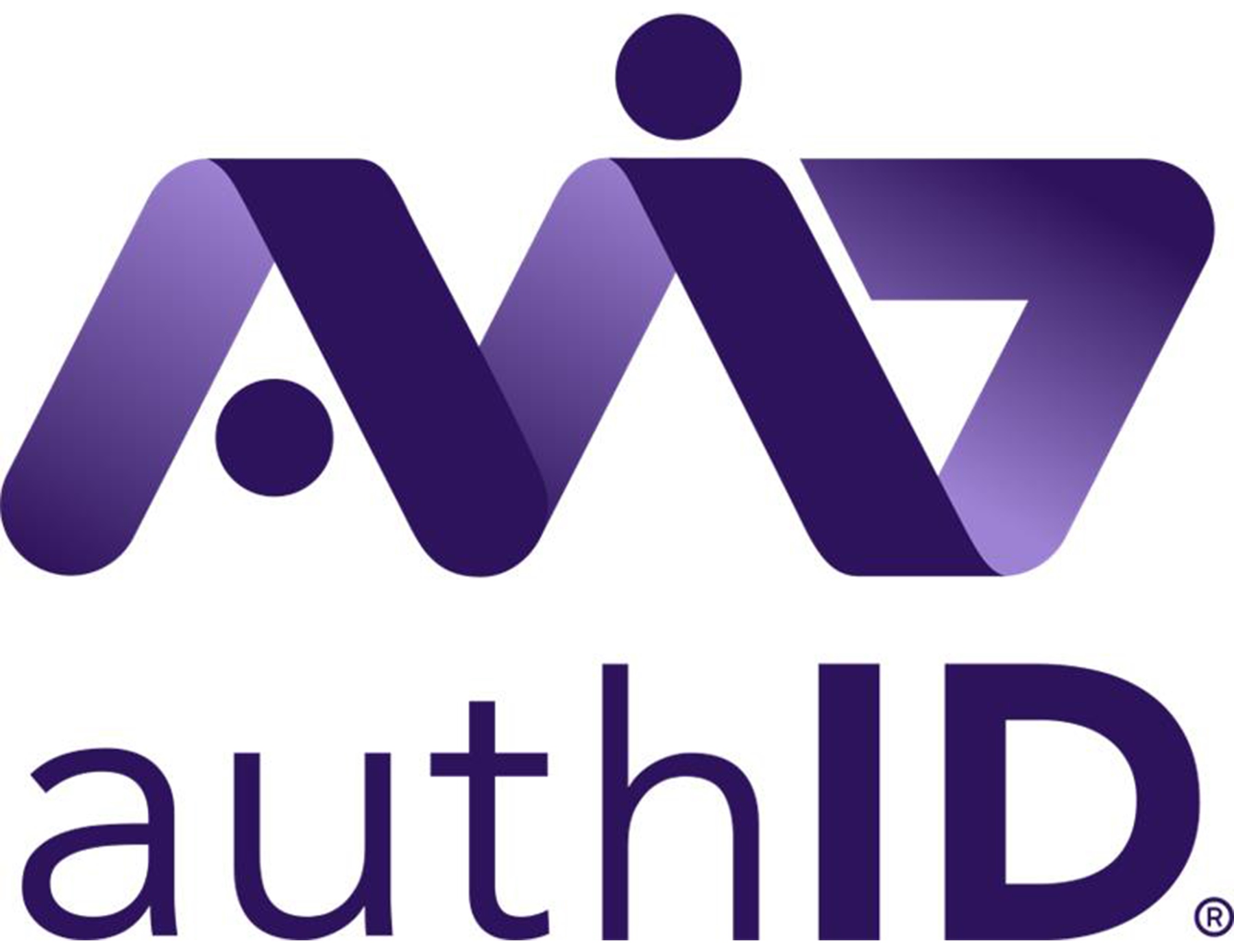Blockchain
ICP Hosts Chain Fusion Hub @ Token2049, Leading Discussions on AI, Web3 & Interoperability
Blockchain
authID Reports Financial and Operating Results for the First Quarter Ended March 31, 2025
Blockchain
Blockchain Futurist Conference Releases Final Schedule
Blockchain
U.S. Factoring Services Market Analysis by Product, Technology, Grade, Application and End-user (2019-2032) – Next-Gen Technologies Drive Surge in Alternative Financing Access for SMEs
-
Blockchain7 days ago
Colb Asset SA Raises $7.3 Million in Oversubscribed Round to Bring Pre-IPO Giants to Blockchain
-

 Blockchain Press Releases6 days ago
Blockchain Press Releases6 days agoHTX and Justin Sun Launch $6M Mars Program Special Edition, Offering One User a Historic Space Journey
-

 Blockchain5 days ago
Blockchain5 days agoBitget Blockchain4Youth sostiene l’innovazione del Web3 e dell’IA all’hackathon “Build with AI” di Google Developer Group
-

 Blockchain5 days ago
Blockchain5 days agoBlocks & Headlines: Today in Blockchain – May 9, 2025 | Robinhood, Solana, Tether, China, Women in Web3
-

 Blockchain Press Releases5 days ago
Blockchain Press Releases5 days agoBybit Surpasses 70 Million Users, Reinforces Commitment to Transparency and Institutional Growth
-

 Blockchain7 days ago
Blockchain7 days agoBlocks & Headlines: Today in Blockchain – May 7, 2025 | Coinbase, Riot Games, Curve DAO, Litecoin, AR.IO
-

 Blockchain7 days ago
Blockchain7 days agoFlipido Trading Center Launches ‘Flipido Learn’ Platform to Empower Crypto Investors Through Education
-

 Blockchain Press Releases6 days ago
Blockchain Press Releases6 days agoMEXC Lists USD1, Accelerating Global Stablecoin Innovation with World Liberty Financial






























